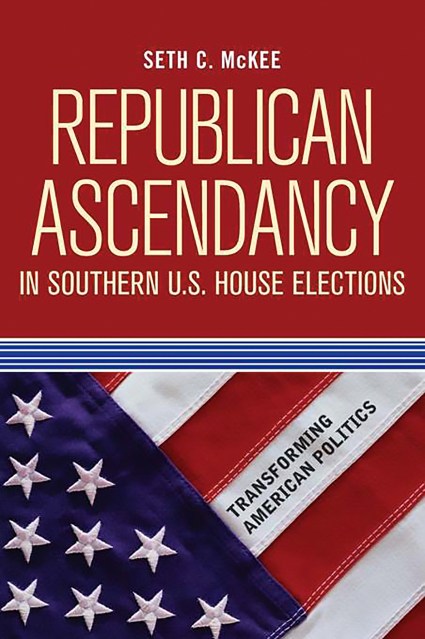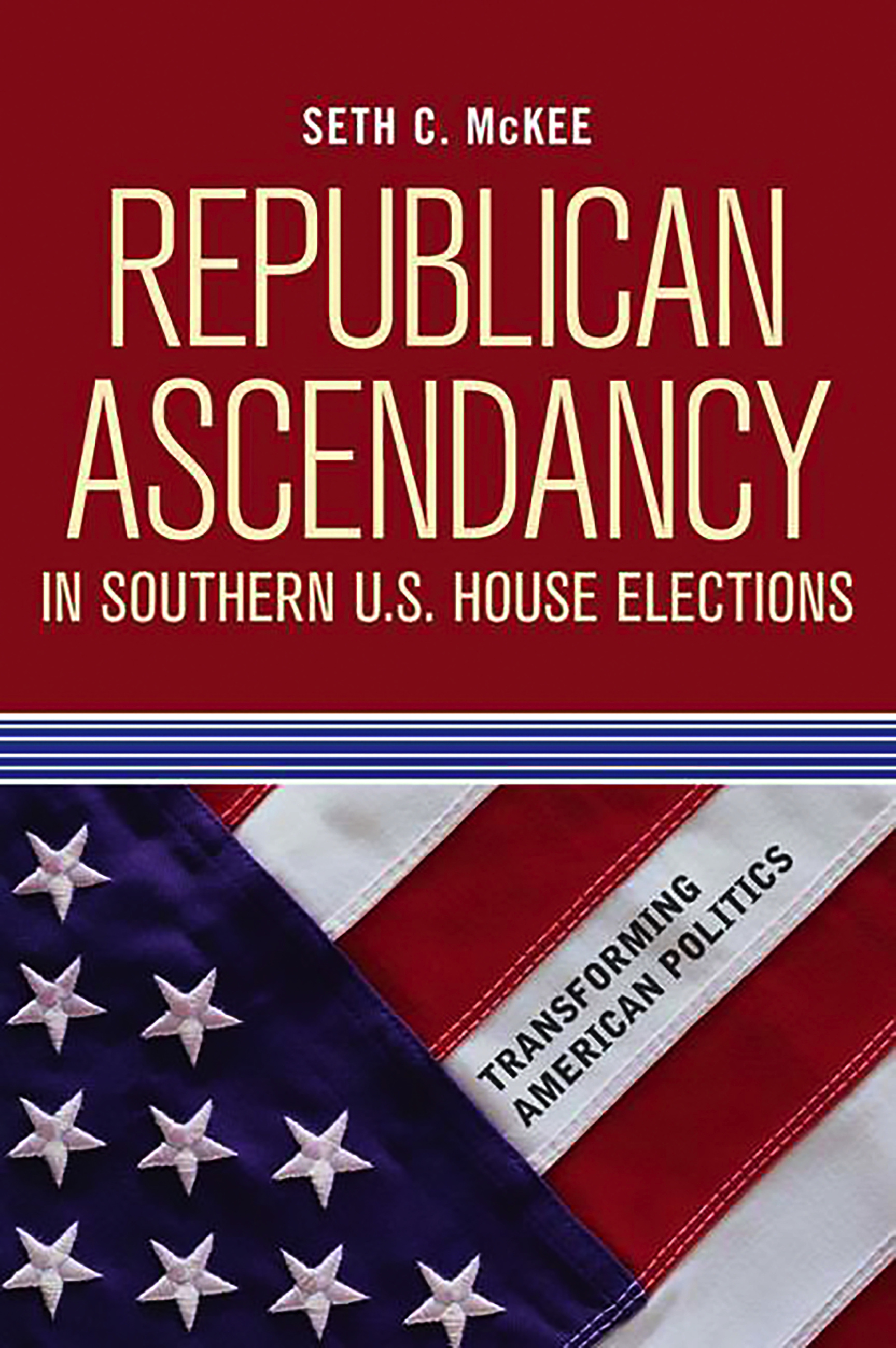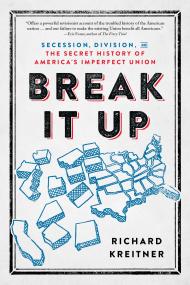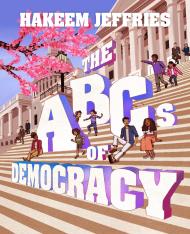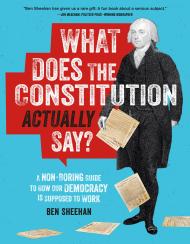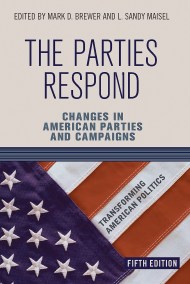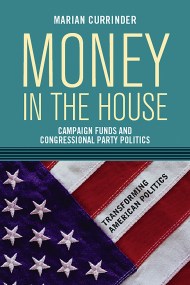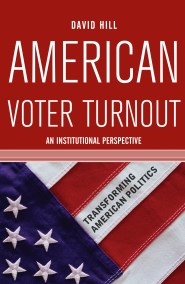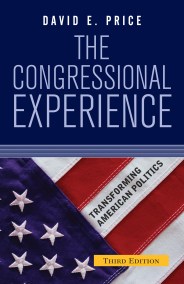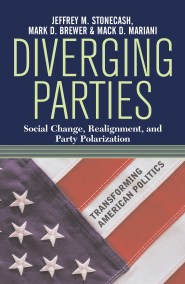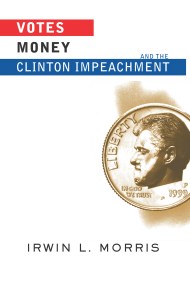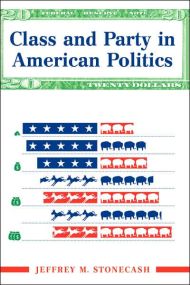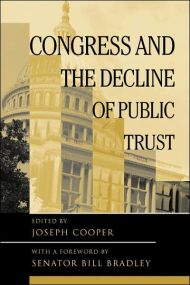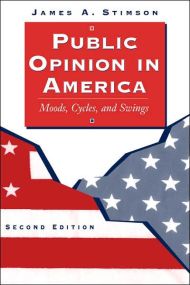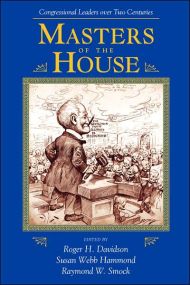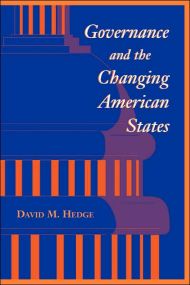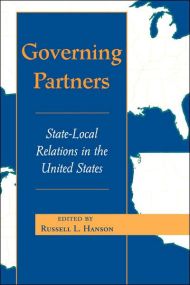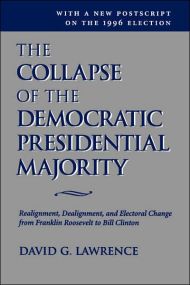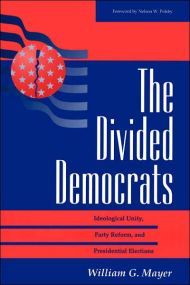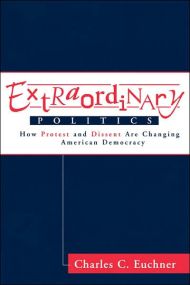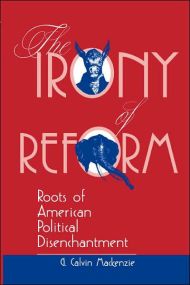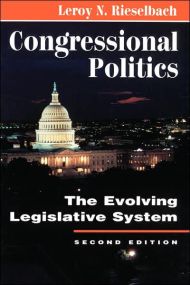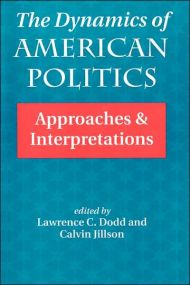Promotion
Use code BESTBOOKS24 for 25% off sitewide + free shipping over $35
By clicking “Accept,” you agree to the use of cookies and similar technologies on your device as set forth in our Cookie Policy and our Privacy Policy. Please note that certain cookies are essential for this website to function properly and do not require user consent to be deployed.
Republican Ascendancy in Southern U.S. House Elections
Contributors
Formats and Prices
Price
$37.00Format
Format:
Trade Paperback $37.00This item is a preorder. Your payment method will be charged immediately, and the product is expected to ship on or around August 11, 2009. This date is subject to change due to shipping delays beyond our control.
Also available from:
Tremendous transformation marks the last three decades of American politics, and nowhere has this change been as distinctive and penetrating as in the American South. After 120 consecutive years of minority status, the rapid ascendancy of Southern House Republicans in the 1990s has reshaped the contours of contemporary American politics: increasing party polarization, making a Republican House majority possible, and, most recently, contributing to the revival of Democratic fortunes in national congressional elections. Southern Republican ascendancy constitutes an exemplar of party system change, made possible by three sequential factors: increasing Republican identification, redistricting, and the emergence of viable Republican candidates.
Relying on existing and original data sources, this text presents the most recent example of large-scale partisan change. Beyond serving as a primer for the study of political parties, campaigns and elections, and Southern politics, Republican Ascendancy in Southern U.S. House Elections provides an original theoretical argument and an expansive view of why political change in the South has such strong implications for national politics.
Series:
- On Sale
- Aug 11, 2009
- Page Count
- 272 pages
- Publisher
- Avalon Publishing
- ISBN-13
- 9780813344072
Newsletter Signup
By clicking ‘Sign Up,’ I acknowledge that I have read and agree to Hachette Book Group’s Privacy Policy and Terms of Use
